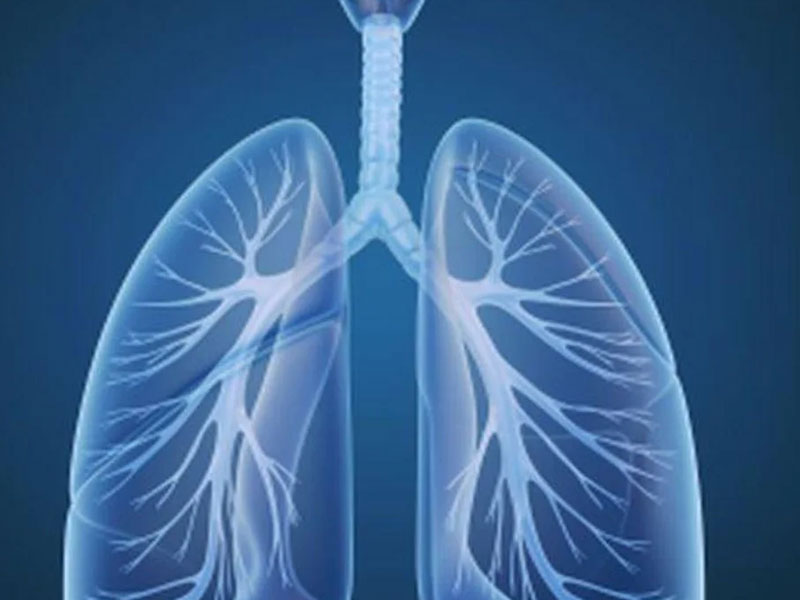AI Is Set To Change Fertility Treatment Forever
SOURCE: HTTPS://CODEBLUE.GALENCENTRE.ORG/
NOV 06, 2023
Artificial Intelligence may speed lung cancer detection
SOURCE: CONSUMER.HEALTHDAY.COM
SEP 22, 2021

Adobe Stock
Researchers say minimization of false positives necessary prior to clinical use
WEDNESDAY, Sept. 22, 2021 (HealthDay News) -- Artificial intelligence (AI) may help diagnose lung cancer a year earlier than current practice, according to a study presented at the European Respiratory Society International Congress 2021, held virtually from Sept. 5 to 8.
Benoît Audelan, from the Université Côte d'Azur in France, and colleagues trained an AI program using a set of computed tomography scans from 888 patients that had already been examined by radiologists. The AI technology was then tested on 1,179 patients participating in a lung screening trial (177 diagnosed with lung cancer via a biopsy).
The researchers found that the system detected 75 percent of all annotated nodules, including 68 percent of the 2,352 benign nodules, and resulted in 12 extra candidate nodules per scan on average. The system detected 172 regions of interest (from 177 malignant nodules) within 3 cm of their ground truth location, yielding a sensitivity of 97 percent. The five undetected lesions were next to the mediastinum. Examining scans one year prior to diagnosis, the algorithm detected 152 malignant nodules among the 157 visible nodules.
"This work is promising because it shows that AI could help us to review lots of scans quickly and even pick up signs of cancer at an earlier stage," Joanna Chorostowska-Wynimko, M.D., Ph.D., secretary general of the European Respiratory Society, said in a statement. "However, before this program can be used, researchers will need to make it better at distinguishing between lung tissue that is abnormal but benign and tissue that is probably cancer."
LATEST NEWS
Augmented Reality
Hi-tech smart glasses connecting rural and remote aged care residents to clinicians
NOV 20, 2023
WHAT'S TRENDING


Data Science
5 Imaginative Data Science Projects That Can Make Your Portfolio Stand Out
OCT 05, 2022

SOURCE: HTTPS://CODEBLUE.GALENCENTRE.ORG/
NOV 06, 2023
SOURCE: HTTPS://WWW.NEWS-MEDICAL.NET/
NOV 06, 2023
SOURCE: HTTPS://WWW.WIRED.COM/
NOV 05, 2023
SOURCE: HTTPS://WWW.BUSINESSOUTREACH.IN/
OCT 31, 2023
SOURCE: HTTPS://WWW.DIGITALMUSICNEWS.COM/
SEP 13, 2023
SOURCE: HTTPS://PULSE2.COM/
AUG 27, 2023
SOURCE: HTTPS://TECHCRUNCH.COM/
AUG 18, 2023